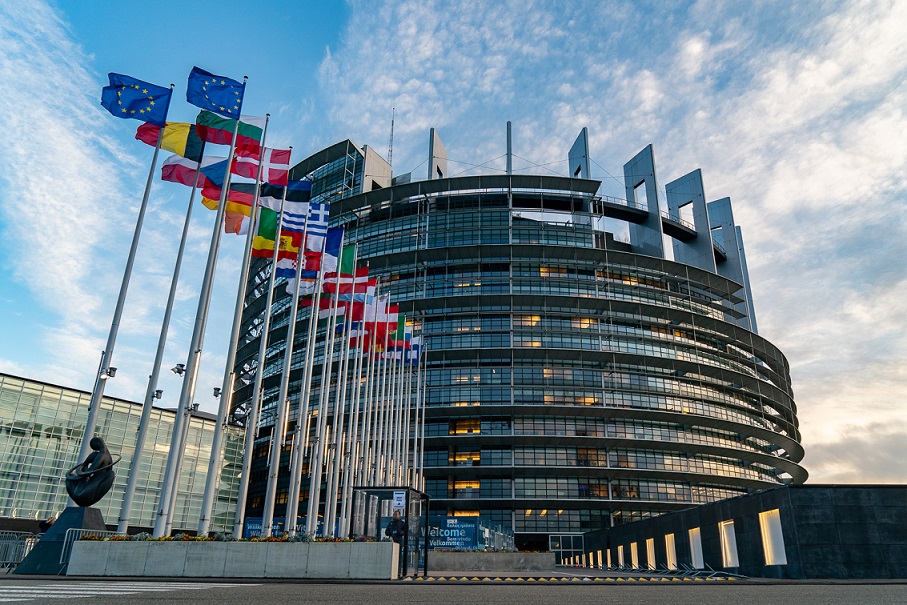EU Parliament Adopts European Green Bond Standard

Lawmakers in the European Parliament voted 418-79 on Thursday to approve the adoption of a new European Green Bond (EuGB) label, aimed at fighting greenwashing and providing investors with confidence that their investments are being appropriately directed towards financing sustainable business activities and technologies.
Under the new standard, companies issuing bonds under the voluntary EuGB designation will be required to follow a strict set of investment and transparency criteria, including disclosures on how the proceeds from the bonds will be used, as well as committing to a green transition plan, and reporting on how the investments contribute to the those plans.
Green bond issuance volumes have surged over the past several years as companies and governments have increasingly used them to finance their environmentalEnvironmental criteria consider how a company performs as a steward of nature. More sustainability and transition initiatives. Despite slower volumes last year amidst a broader issuance market pullback, issuances have rebounded, reaching record volumes in the first half of this year, with particular strength in the European market, which accounted for nearly 60% of the global market, according to Moody’s Investors Service.
The European Commission launched its EuGB regulation proposal in July 2021, aimed at establishing a “gold standard” for green bonds, and forming part of a series of initiatives designed to promote a more sustainable financial system and help facilitate the necessary investments to advance the EU’s and global climate goals.
In May 2022, the EU Parliament’s Economic and Monetary Affairs Committee unveiled a series of amendments to significantly widen the scope of the new regulations, with rules covering the entire green bond market. The proposals met resistance from industry groups, including the International Capital Markets Association (ICMA), which warned that the stricter regulations could push issuers to turn to other markets and other sources of finance resulting in market contraction and loss of EU sustainable bond leadership, and fragmentation of the international green bond market with the EU following different rules from an international market.
The rules adopted Thursday followed an agreement in March 2023 between the EU Parliament and Council, establishing the EuGB standard as voluntary, while also including a voluntary framework for sustainability-linked bonds and green bonds not issued with the EuGB designation. The agreed text also confirmed that while all proceeds under the new designation will need to be invested in economic activities that are aligned with the EU Taxonomy, it added flexibility enabling 15% to be invested in economic activities that comply with the taxonomy requirements , but in sectors that don’t yet have established taxonomy criteria, with issuers clearly explaining where these funds will be allocated.
In addition to the requirements for issuers, the rules adopted by Parliament set out rules to regulate external reviewers of green bonds, including the establishment of a registration system and supervisory framework, and requiring external reviewers to identify, address and disclose potential conflicts of interest.
European Parliament rapporteur on the green bond rules Paul Tang said:
“Today’s vote is the starting shot for business to get serious about their green bond issuances. Investors are eager to invest in European Green Bonds and from today onwards business can start developing them. This way European Green Bonds can boost Europe’s transition to a sustainable economy.”